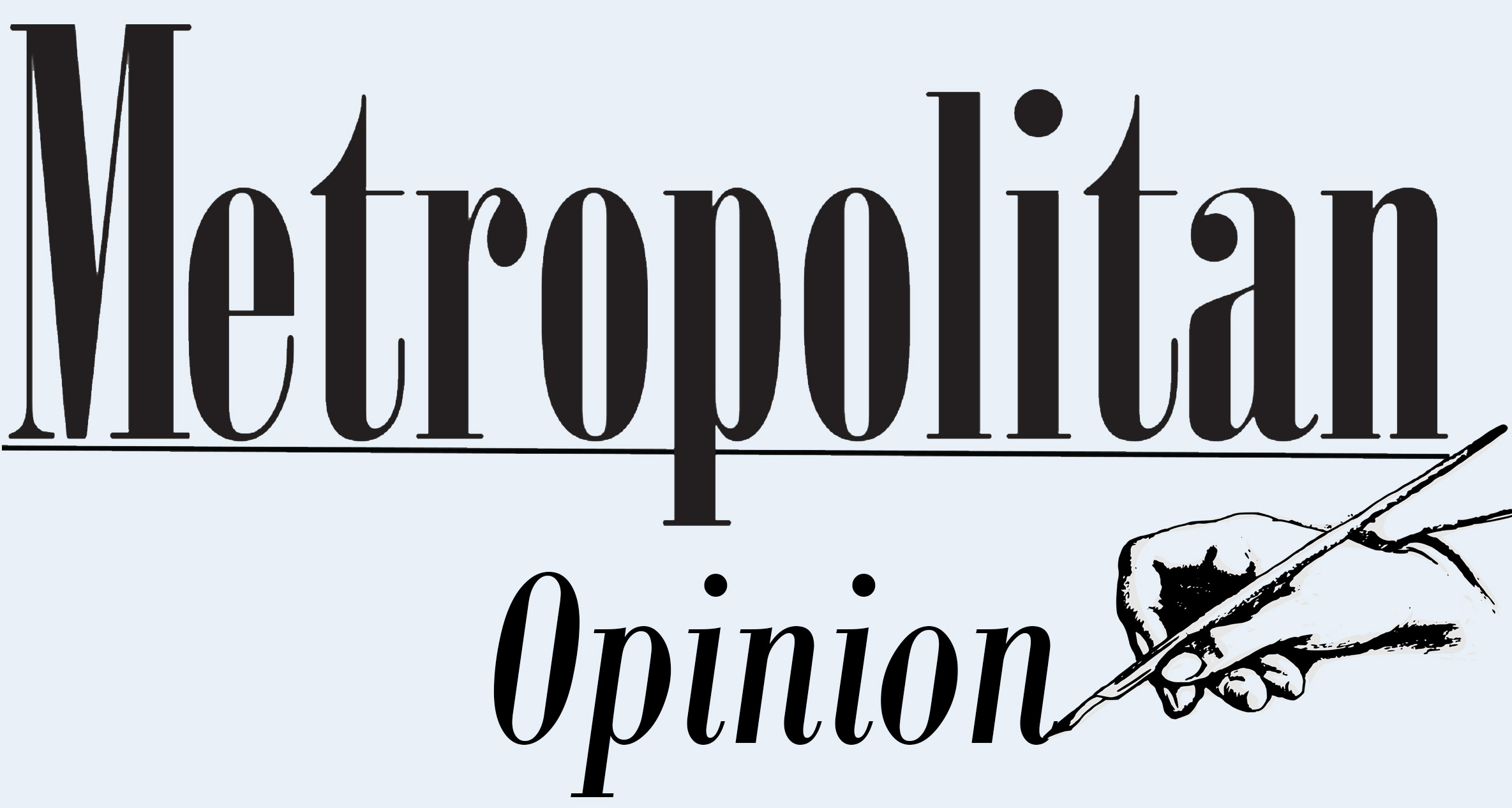Nathan Hoyhtya
Share:
I’ve seen a wide-eyed look of panic across some politicians’ faces lately. Climate change is a growing existential threat, a dark cloud looming in the halls of power.
With our government at a complete standstill on the issue, temperatures aren’t the only thing causing politicians to perspire. Eighteen different Democratic presidential candidates claim to hold the best climate-change policies. Who should we believe?
The challenges presented by our remaining carbon budget is enormous. The Special Report by the United Nations’ Intergovernmental Panel on Climate Change (IPCC) was written by 91 scientists to help governments avoid the most dangerous extremes of climate change. It advised cutting emissions roughly in half by 2030, and down to net zero by 2050.
Decades of private industry and token policy efforts have barely slowed the growth of greenhouse gas emissions. Now is the crucial time for leadership.
Washington Gov. Jay Inslee and Vermont Sen. Bernie Sanders are two presidential candidates who, for decades, have been legislating to reverse climate change. They’ve done far more than two-minute speeches, partisan roll-call votes or one-time cosponsorship of bills like the Green New Deal. Those things are typical of anyone trying to gain power in Washington, D.C.
Inslee and Sanders have devoted their political careers to this issue.
Inslee is a founding member and co-chair of the 23-state Climate Alliance. This group is committed to reducing carbon emissions—in spite of President Trump’s withdrawal from the Paris Agreement.
In just six years, Inslee has accomplished a tremendous amount. He established a Clean Energy Fund for new technology research and invested in the Clean Energy Institute. Washington became one of the top three states for electric vehicle purchases because of incentives Inslee helped create. He signed a renewable energy bill that increased solar energy by 250 percent in its first two years.
Before reducing CO2 emissions as governor, Inslee sponsored 40 climate-change measures in the Washington House of Representatives—long before it was popular to cut greenhouse gases.
In 1999, he introduced his first bill, which aimed to enable renewable energy generation in homes and small businesses. His New Apollo Energy Act pushed for tax breaks for renewable energy industries and market-based incentives to cut greenhouse gas emissions. In other legislative initiatives, Inslee sought to increase energy efficiency, promote oil independence, decrease engine emissions and fund new and promising renewables.
In the U.S. Senate, Sanders has sponsored 14 bills fighting climate change at the national level. Three of those bills sought to add 10 million solar roofs to homes. A fourth bill, the Low-Income Solar Act, aims to provide renewable energy to homeowners least able to afford it.
Sanders also introduced the End Polluter Welfare Act to repeal tax subsidies for oil and gas companies, a popular idea among climate-change activists. The oil and gas industries still benefit from more government subsidies than wind or solar.
As for the rest of the Democratic field? No other candidate comes close to sponsoring the same amount of legislation to address climate change. That isn’t to say other Democratic presidential candidates don’t care about the environment. I strongly believe the entire Democratic Party can be a force for the good of the planet.
Senators Kamala Harris (D-CA), Cory Booker (D-NJ), Amy Klobuchar (D-MN) and Kirsten Gillibrand (D-NY), in addition to Sanders, are all co-sponsors of the Green New Deal.
The League of Conservation Voters scorecard uses experts from 20 different environmental groups to assess politicians’ environmental voting records. This scorecard has been positive for most the candidates. Except for Joe Biden (83 percent), all other Democratic candidates ranged from 92 to 100 percent lifetime ratings.
The problem with these other voices? They’re passive followers. Instead of legislating in accordance with the Special Report on Global Warming, they chase token political gains for the next election cycle.
When the United Nations’ Intergovernmental Panel on Climate Change calls for “rapid, far-reaching and unprecedented changes in all aspects of society,” you must take action.
Gov. Inslee and Sen. Sanders have taken action against the fundamental threat of climate change. Moreover, they’ve acted first and forcefully. They’re the leaders to follow.

